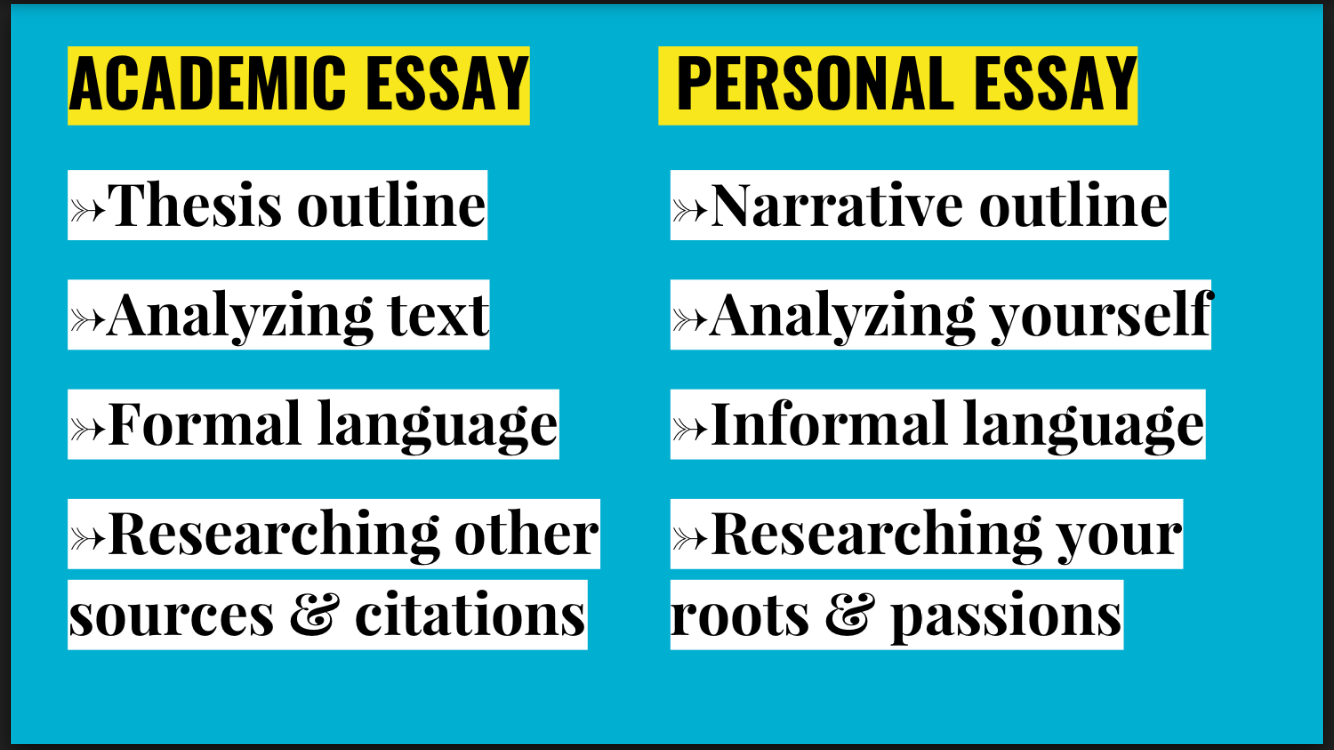1) Use specific examples to explain your struggles
Successful essay excerpt: “Growing up in a small, conservative community, it's easy to be shoved into your own category if you don't look or act like everyone else. My hair and eyes, instead of being blonde and blue like all of my Czech classmates, were chocolate and espresso. My last name had a "z" in it, and my grandmother called me "mija." By the time I was in grade school, the teasing began, and I was hurt and confused. Didn't all grandmothers call their grandchildren "mija"? Why did everyone except for me have blue eyes? And why was I being called "dirty Mexican" when I was cleaner than the boy who made the remark?” Christina, Yale Class of 2022
Why this works: This paragraph highlights how easy it is to be ostracized in your community due to your external differences. Christina was proud to be Hispanic, but the consistent bullying she received from her peers made it hard for her to keep that perspective on her heritage. This section of her essay portrays her struggle with racism and she later uses it to show her evolution of understanding her own culture as well as that of people around her.
Read More









































